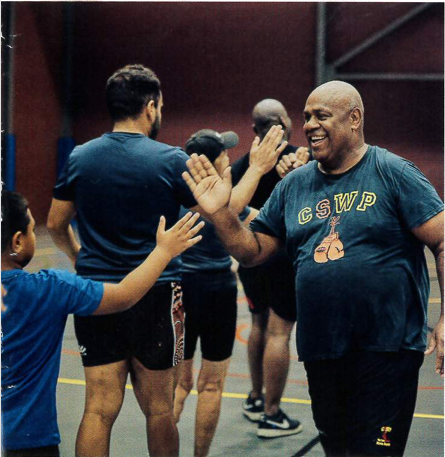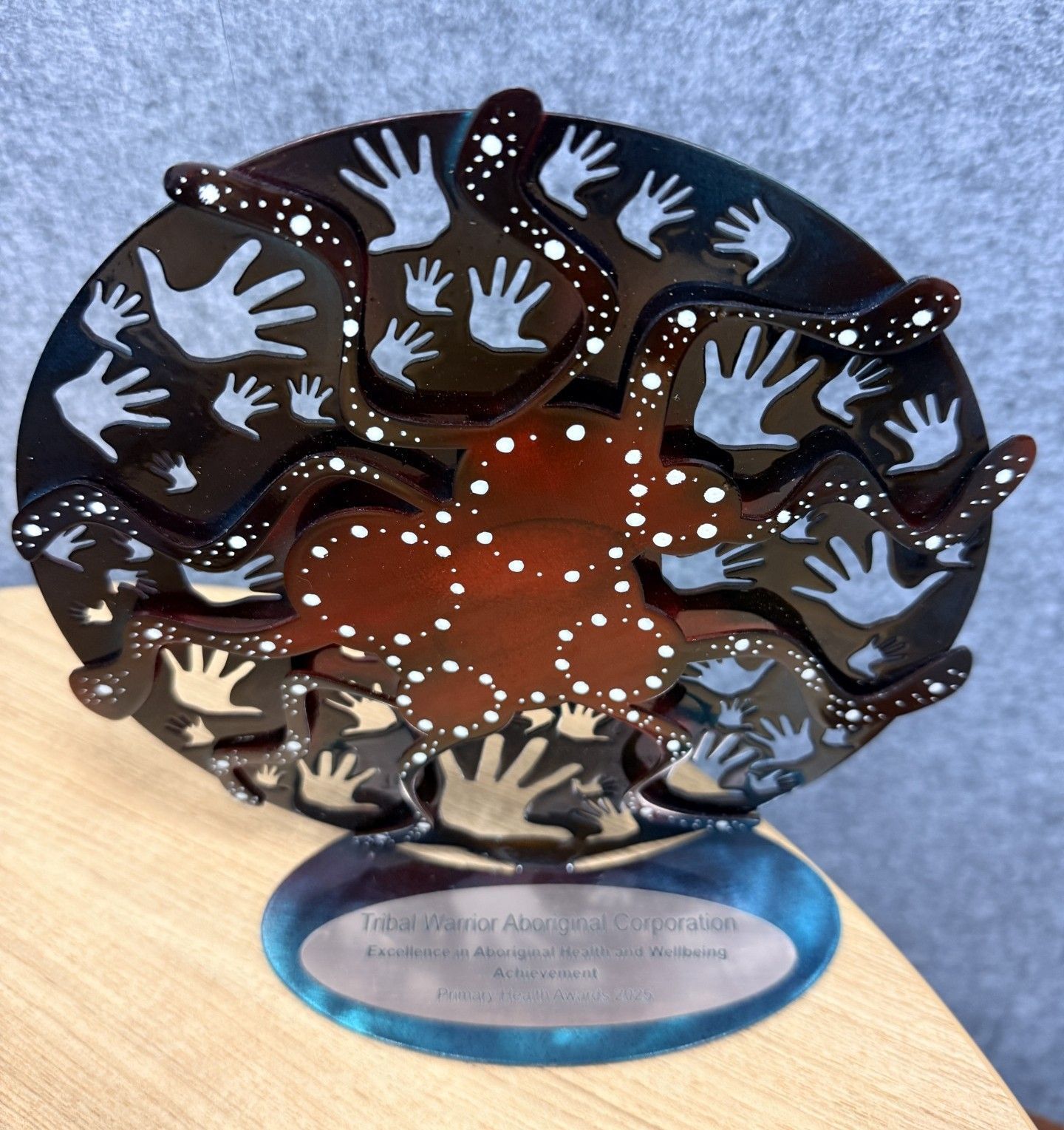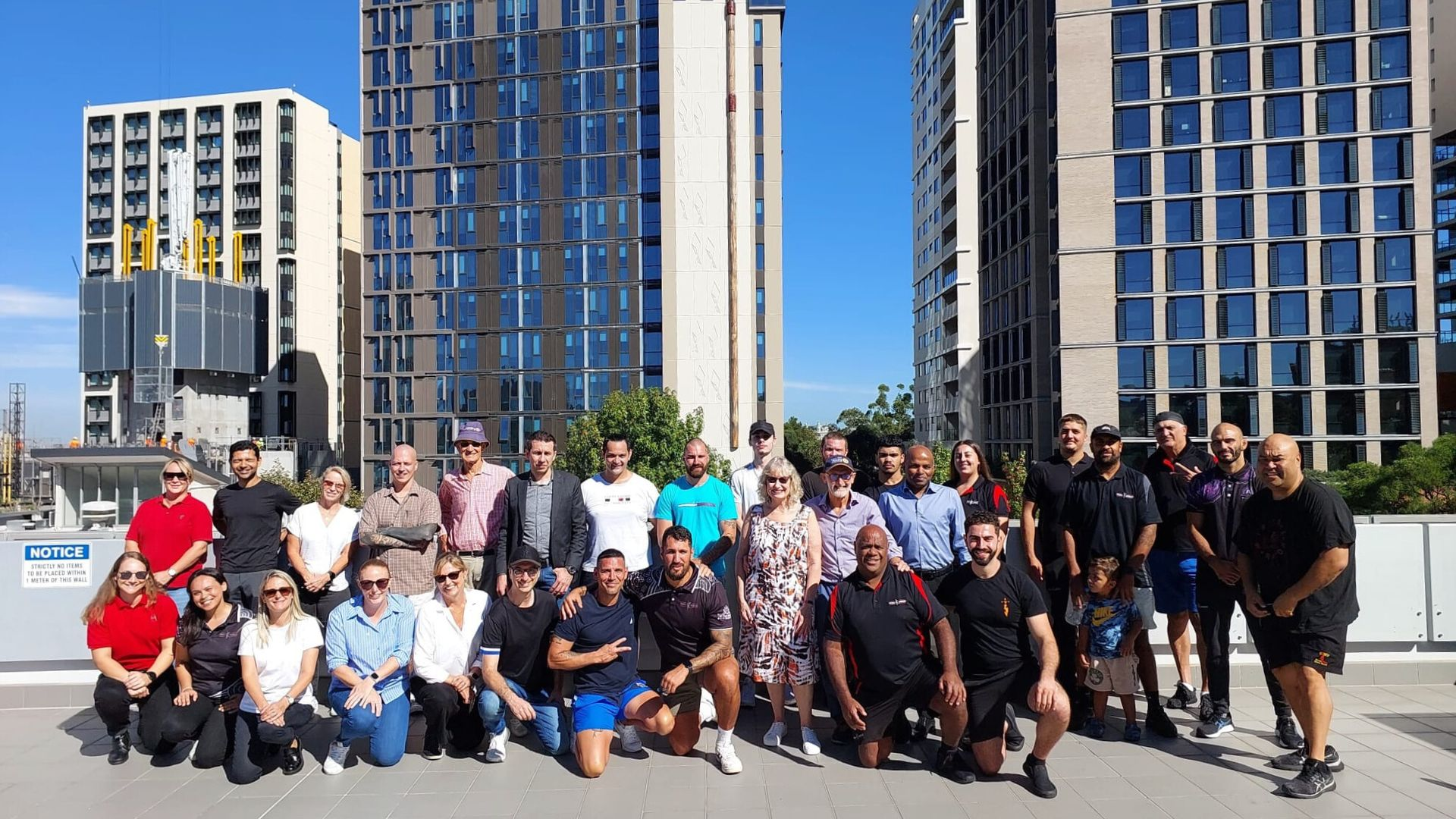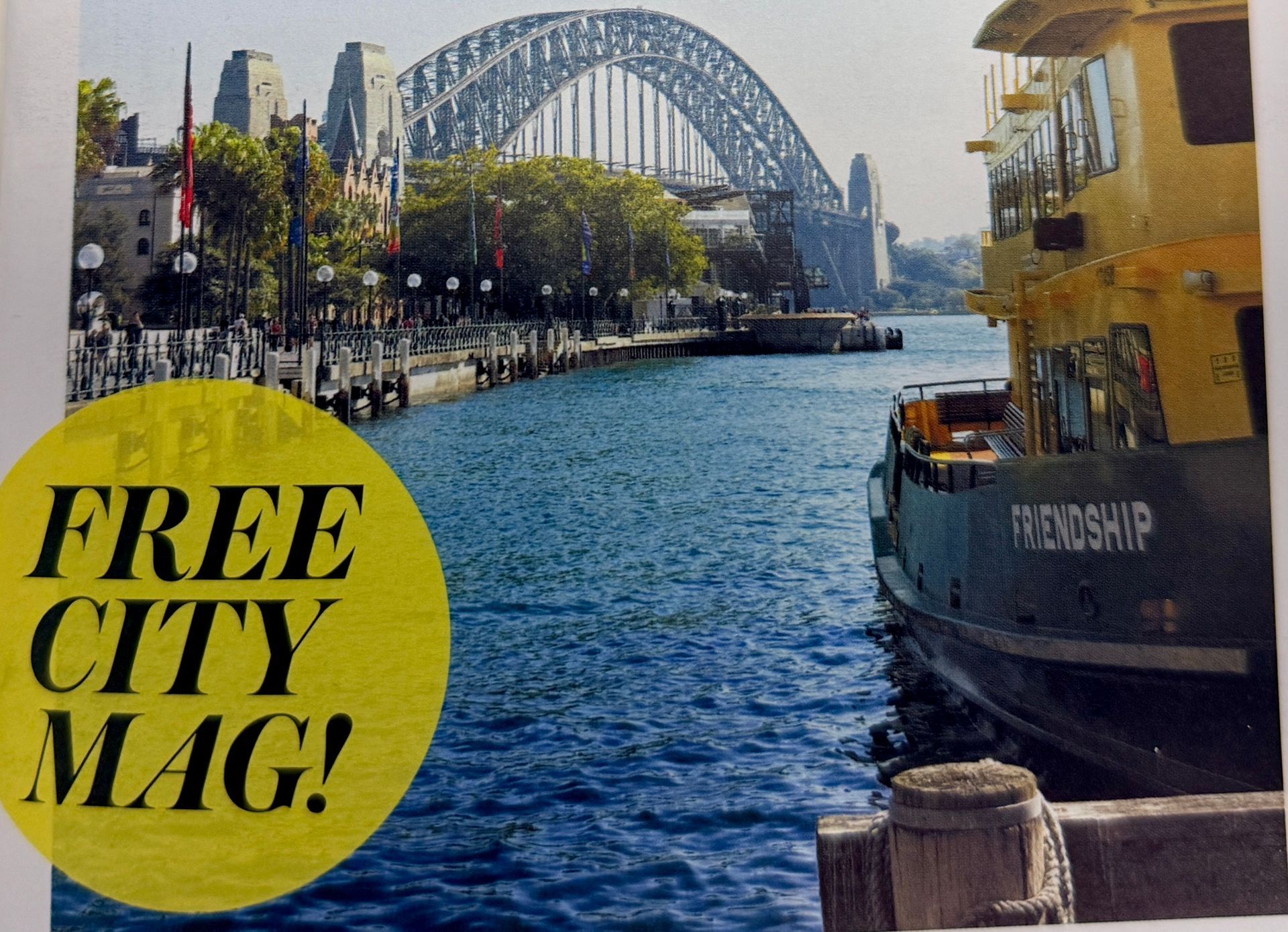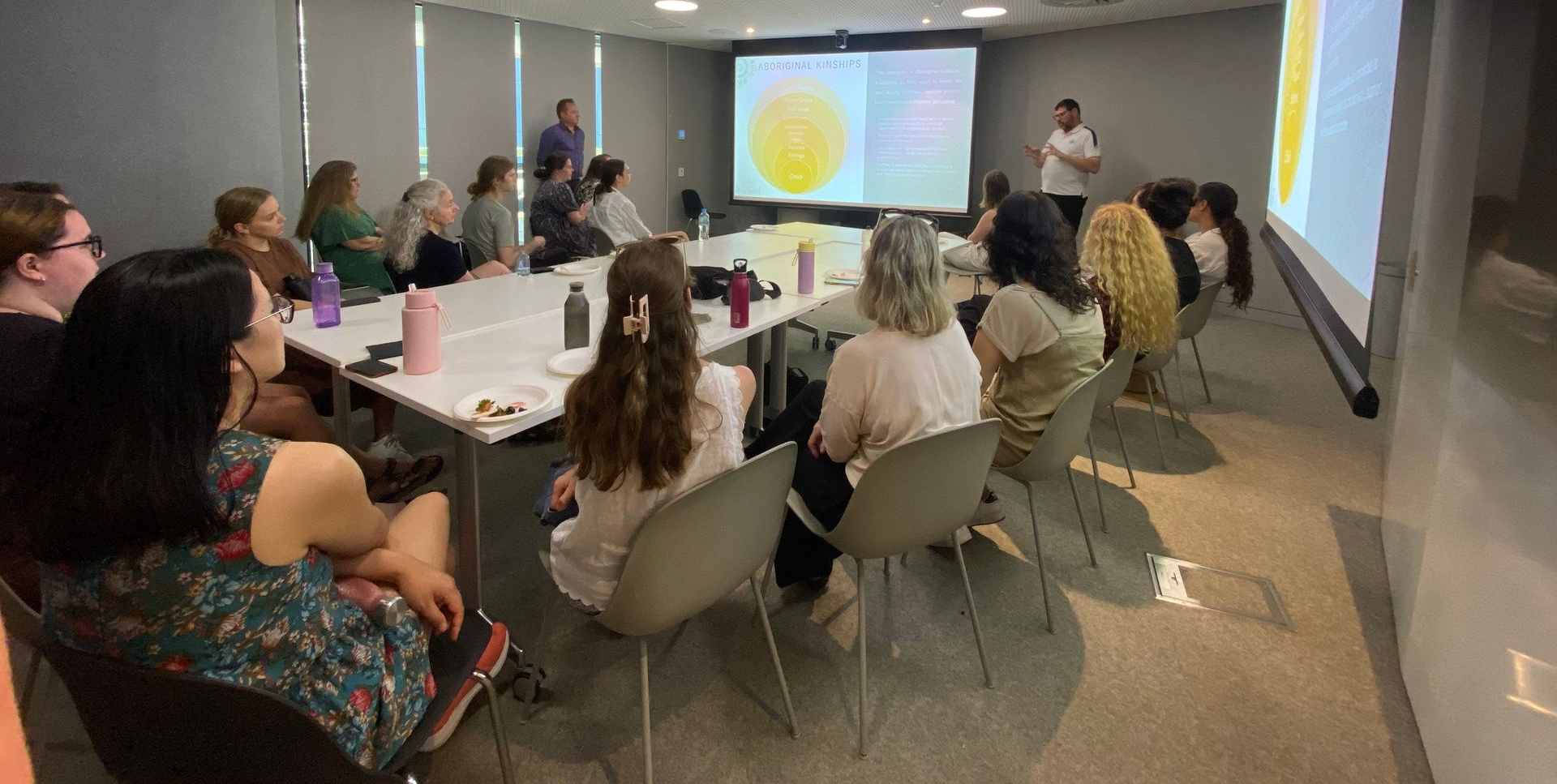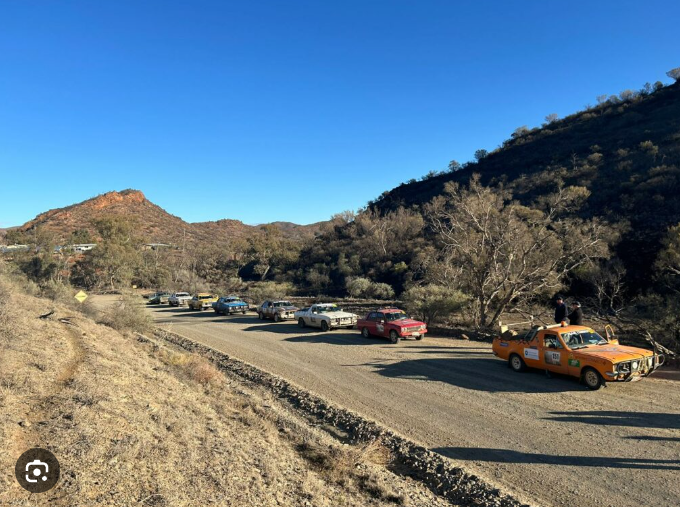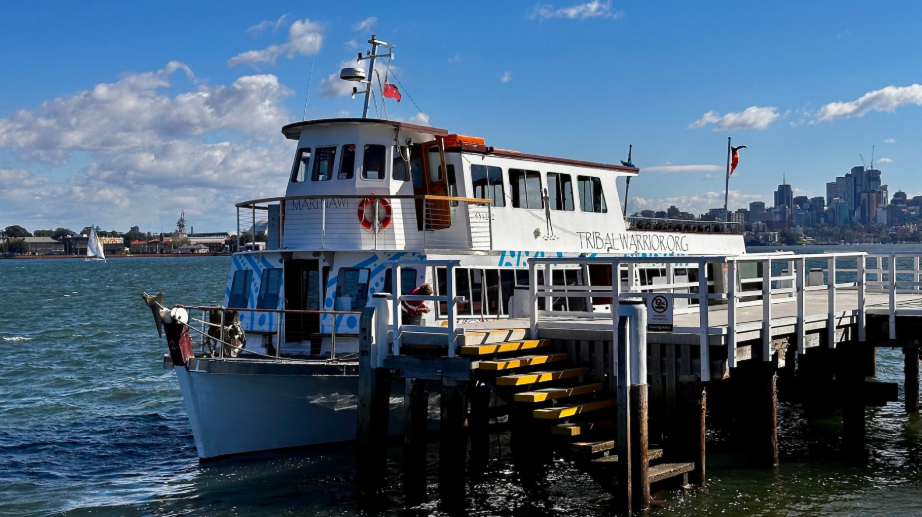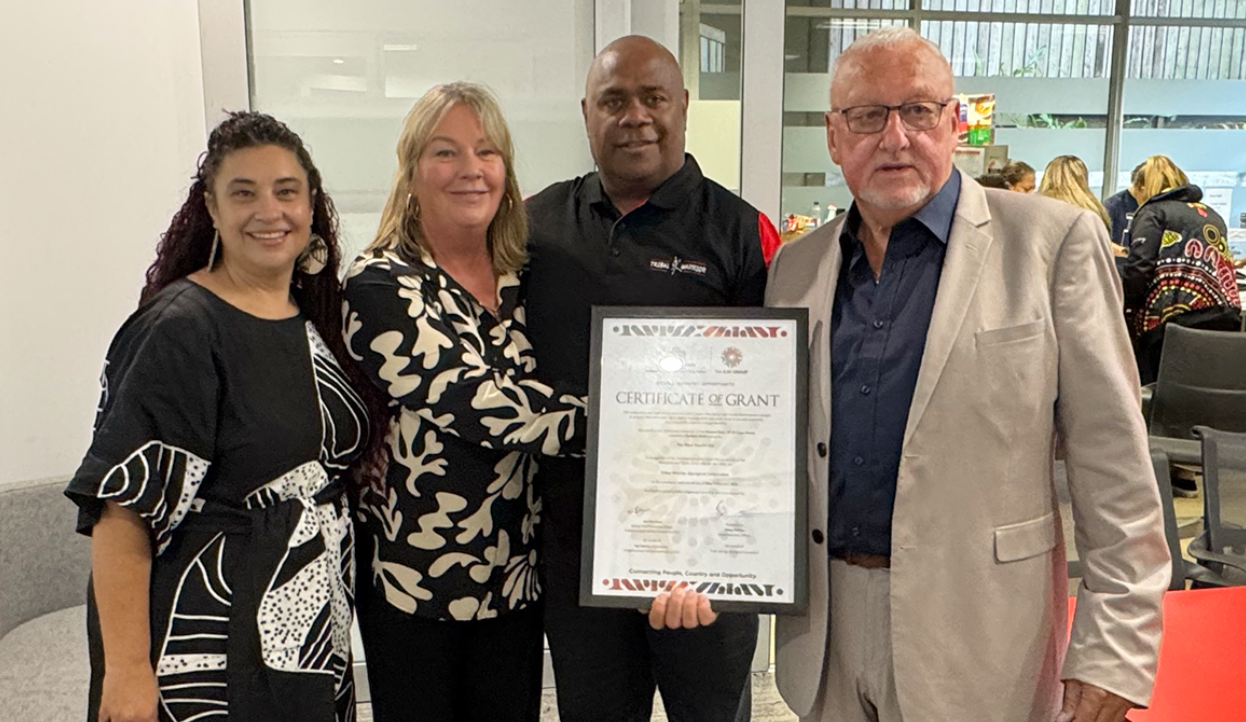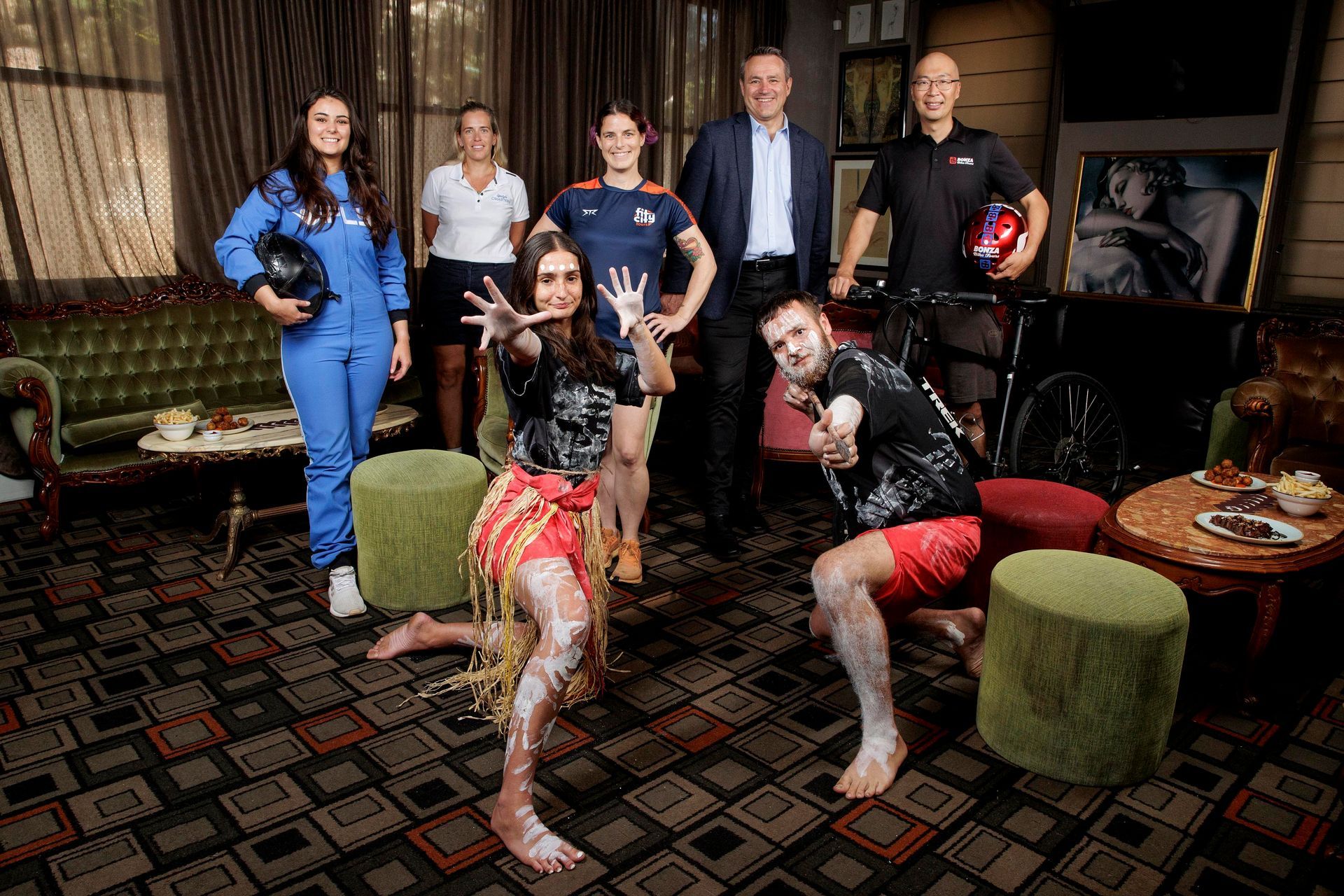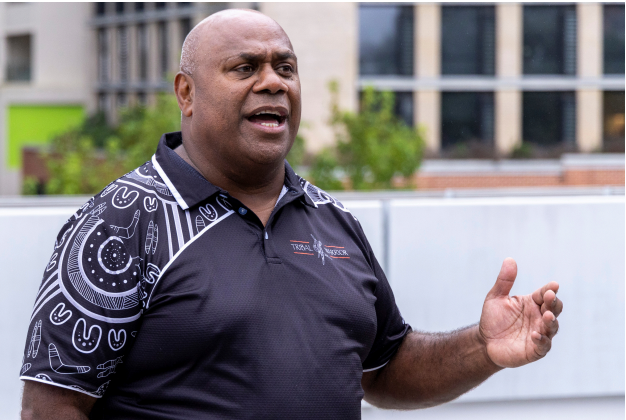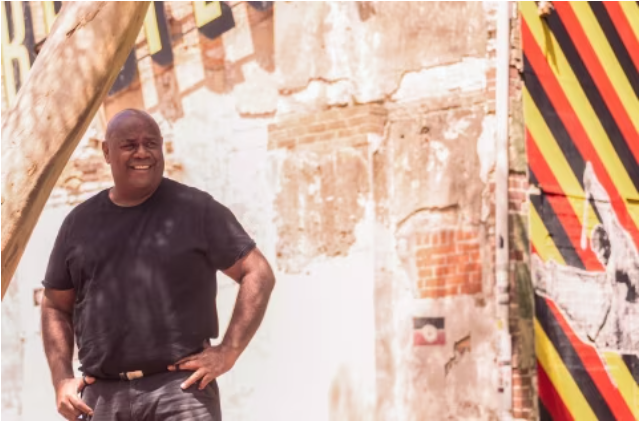Captains of Change
From BRIGHTER: THE COMMBANK MAGAZINE May/June 2025
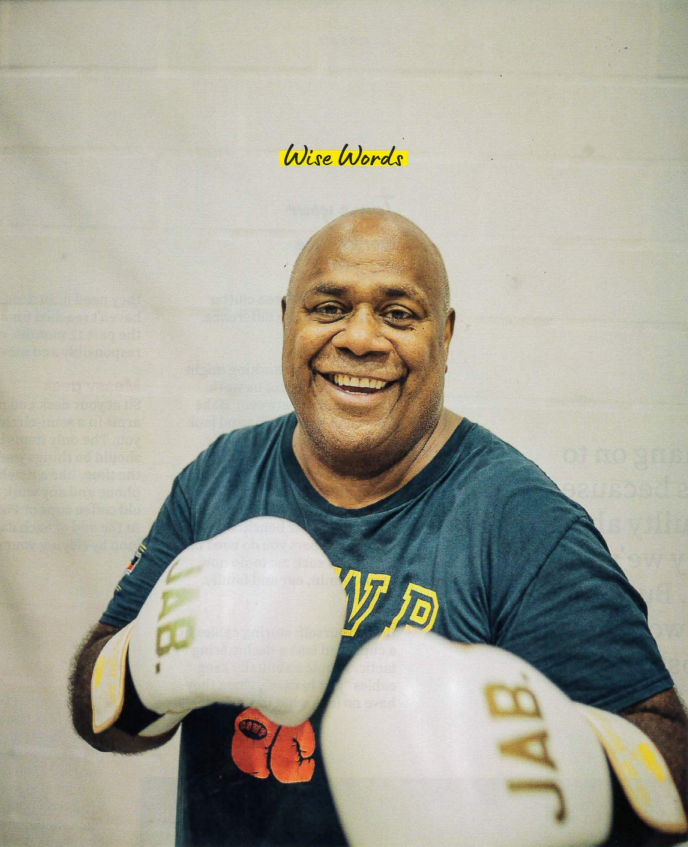
Story by Stephanie Nuzzo + Photography by Nigel Lough
Things appeared broken but thanks to a boat and some sage advice, Uncle Shane Phillips charted a new course.
Tribal Warrior was founded to create real opportunities for First Nations Australians through maritime training, youth programs, and community outreach. At the helm is CEO Uncle Shane Phillips, a passionate advocate for his people, dedicated to breaking the cycle of disadvantage and fostering resilience.
Here, Shane shares the story of Tribal Warrior's impact, the challenges they tackle and how partnerships like Jawun's secondment program are helping amplify their work.
Early days
Tribal Warrior was set in motion in 1998, during a complicated time for Aboriginal Australians, says Shane. "It started on The Block, in Redfern, which was imploding", he says, referring to the social housing hub that became synonymous with poverty, drugs and violence. "There were lots of good people in the community but we were going downhill".
So a couple of older men in the community gathered a group from Redfern, as well as Sydney's La Perouse and Mount Druitt, and invited them to be trained up as skippers on their boat, the Tribal Warrior.
"We had an Aboriginal flag up and we'd drive around Sydney Harbour", he says. "During that time, there were no Aboriginal boats on the harbour so we would get boarded by police and they would ask, "What's going on? Is this a protest?. They'd search the boat - that sort of thing".
Shane says that when the group told the boat owners about these visits, they offered advice. "They said, 'Look, you're doing nothing wrong. When they come onboard next, invite them for a cuppa'".
He had reservations at first but Shane says the move changed their relationship with the police. "They connected with us", he says. "I was a kid who probably had a poor attitude. I carried resentment and anger and this experience helped me think differently about how we deal with people. One thing I've worked out is rather than kicking the door down to someone's perception, if we enlighten each other through simple actions, we can learn to appreciate each other".
New connections
When the group's maritime training eventually ended, many of the men moved into government jobs. But a handful, including Shane, decided to stay with Tribal Warrior.
They launched a cultural cruise and charter service. "It wasn't making a lot of money but it made us understand how we could work and what we wanted to represent".
In 2009, the team shifted its attention to troubled young men in the local community. At the time, 15 First Nations men were caught committing robberies around the Redfern area. Rather than arrest them, local police asked Tribal Warrior if they could intervene.
"We decided we were going to start boxing in the mornings", says Shane. "We said, 'We're going to teach these young fellas routine and discipline. They're going to learn about the strength of our people'. These young men gained a sense of worth and belonging. Three months in, robberies in the area had dropped by 82 per cent". In turn, those same men became leaders in the program, they grew from the work they had put in".
"That program is called Clean Slate Without Prejudice and it still runs now. You see anywhere from 60 to 100 people training in the mornings on Mondays, Wednesdays and Fridays - all year round. No holidays. It's bigger than just training. It's about community and how we support each other and hold each other to account".
Through a suite of tailored programs - such as Clean Slate Without Prejudice, H.O.M.E Family Mentoring, Never Going Back (for former inmates) and Maritime Training - Tribal Warrior provides multiple touchpoints for support, making a genuine impact on the local First Nations community.
Lessons learnt
It hasn't all been smooth sailing. During the global financial crisis, some poor advice almost put Tribal Warrior into bankruptcy. So it formed a partnership with Jawun, a not-for-profit organisation that creates secondments from corporations and the public sector to First Nations businesses. "They helped us with a secondee in Finance", recalls Shane. "He looked at our systems and made sure the people who were inheriting that work knew what they were doing". The secondees who have worked alongside Tribal Warrior have passed on valuable skills, he adds, and their support has helped the organisation push forward for 27 years.
"We were a bunch of people who had come from all sorts of difficulties but we don't let those define us", says Shane. "We didn't inherit something that someone else did. We've built and grown it and are sustaining it ourselves - which is really important to us. Young ones in the community have come through our programs and they're now doctors or pilots. They're doing amazing things. We're seeing success in this patch of dirt that we live in. We're seeing people grow and heal and that's all we wanted to do".

